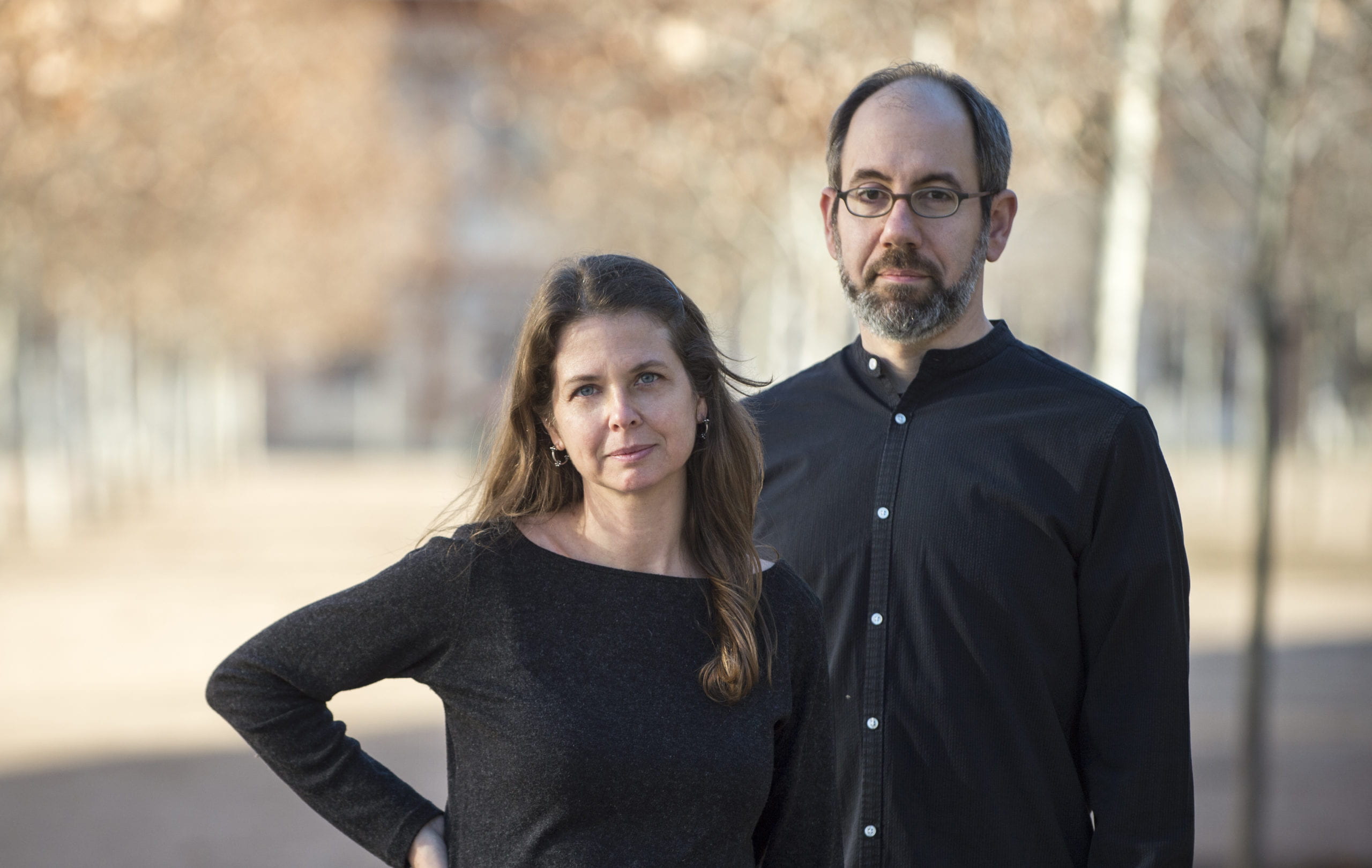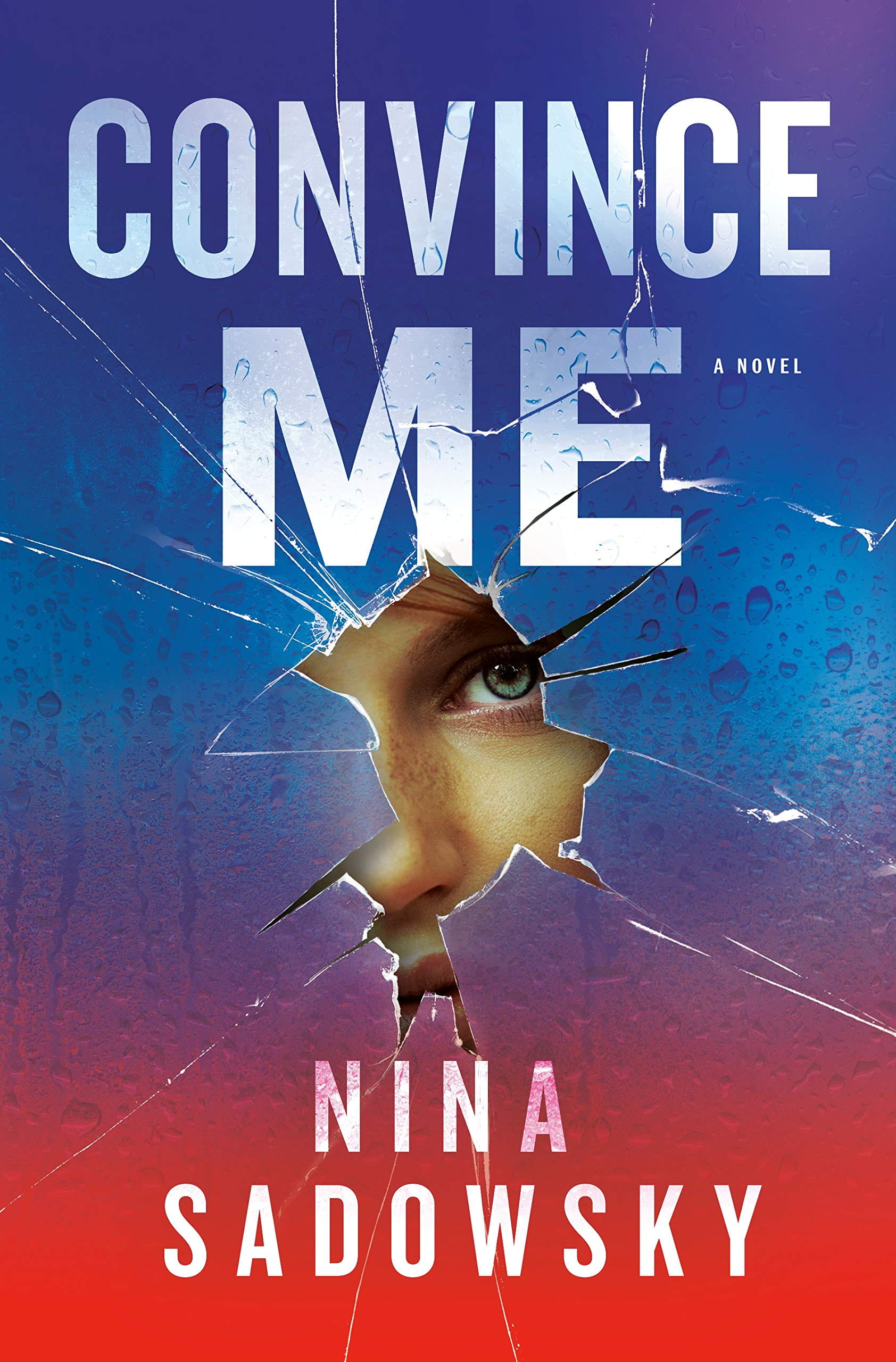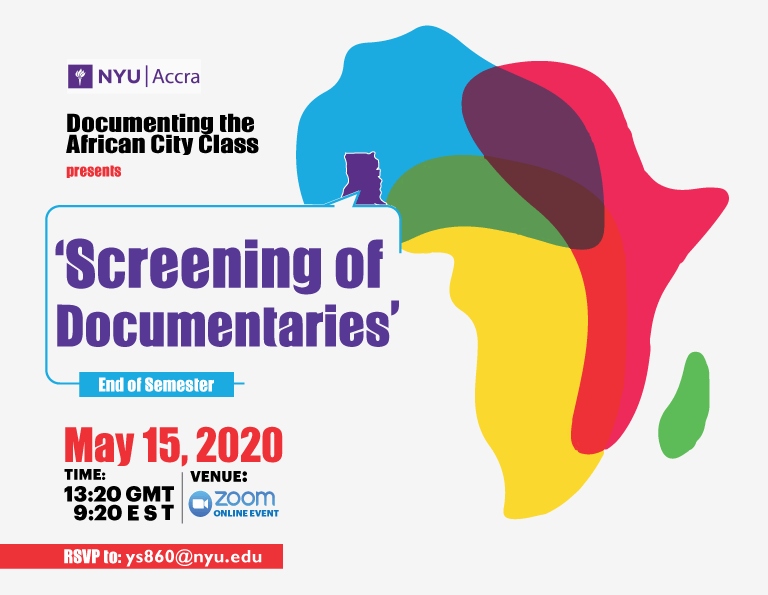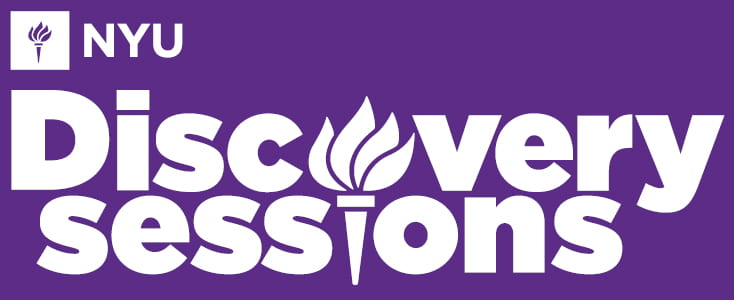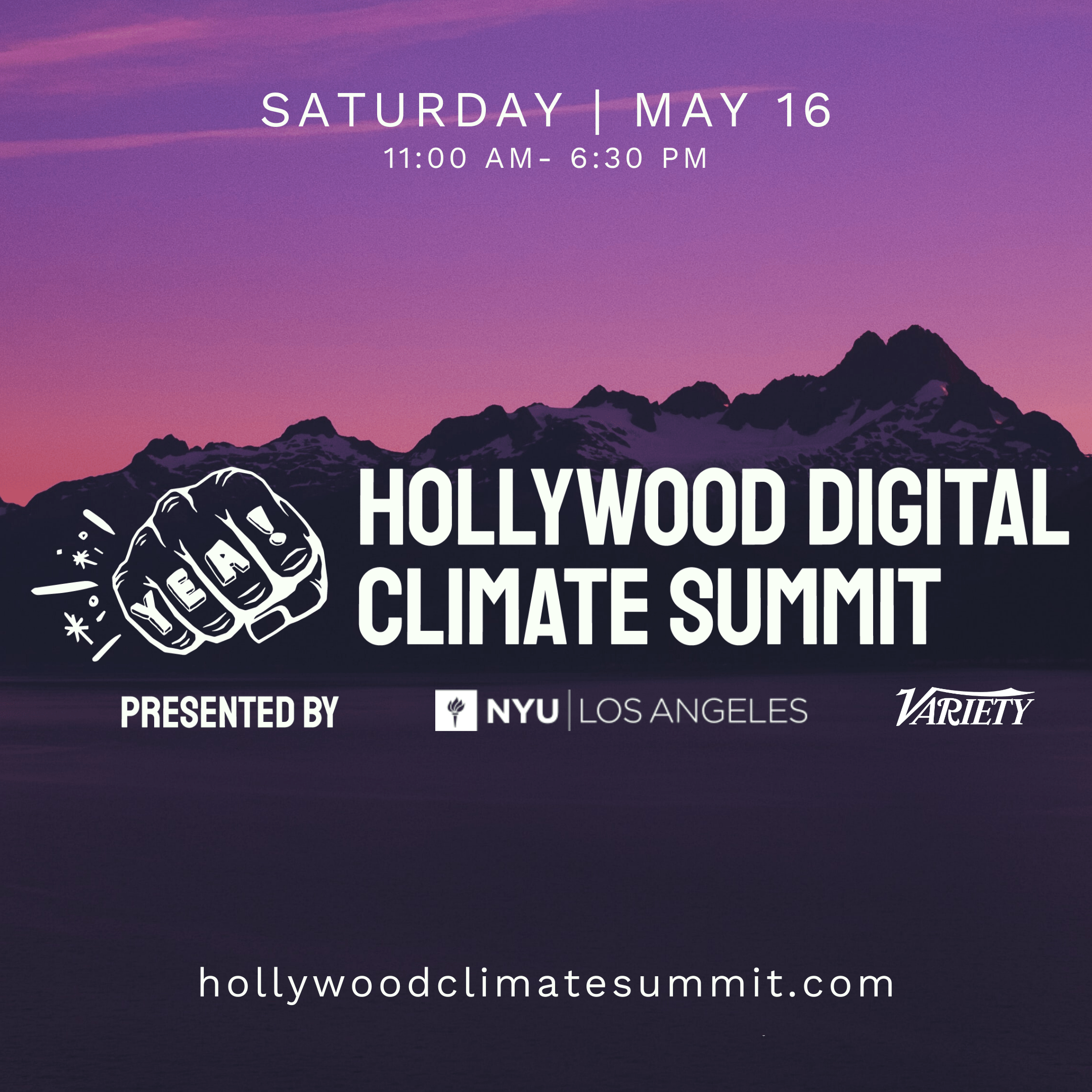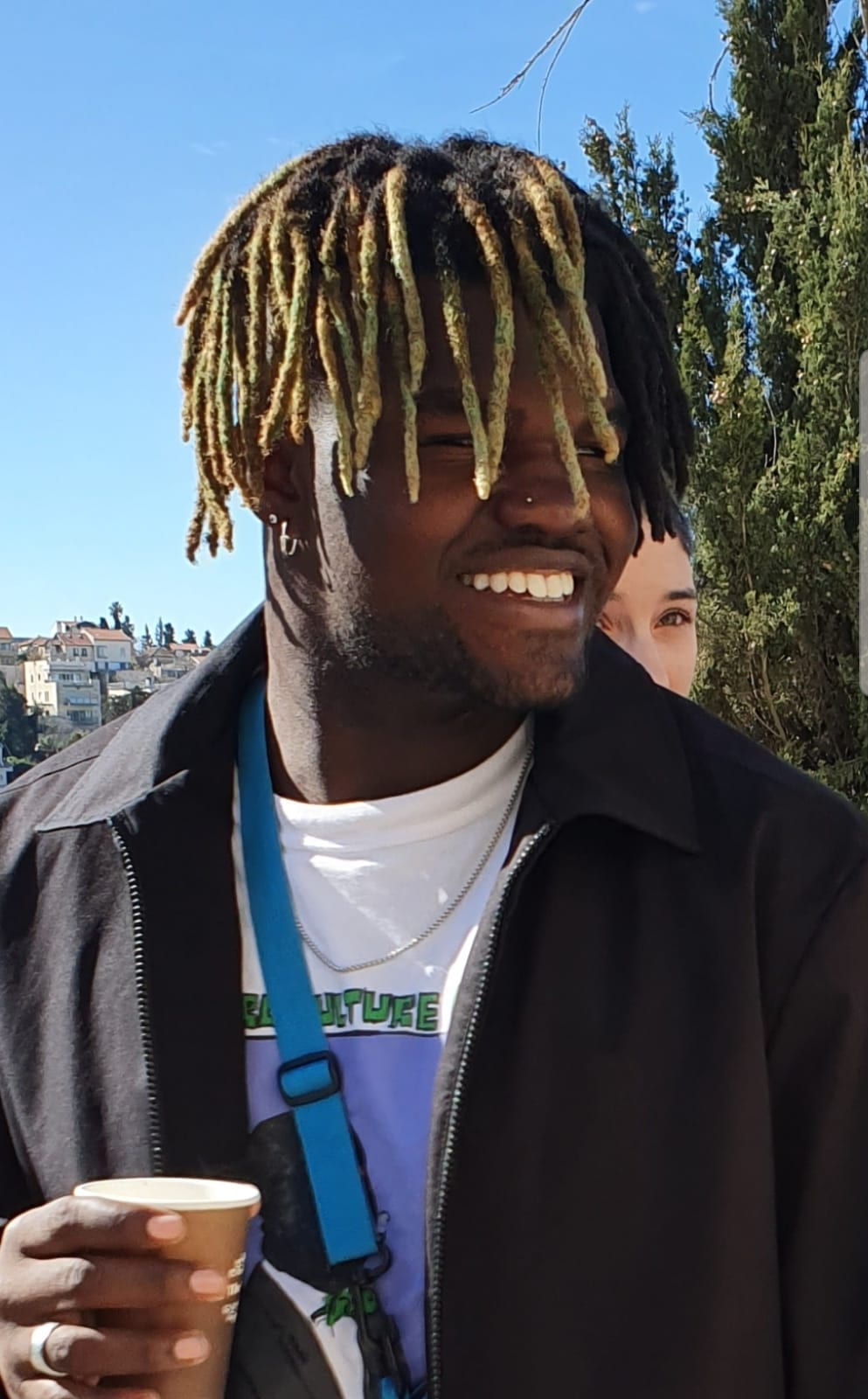Enlarge
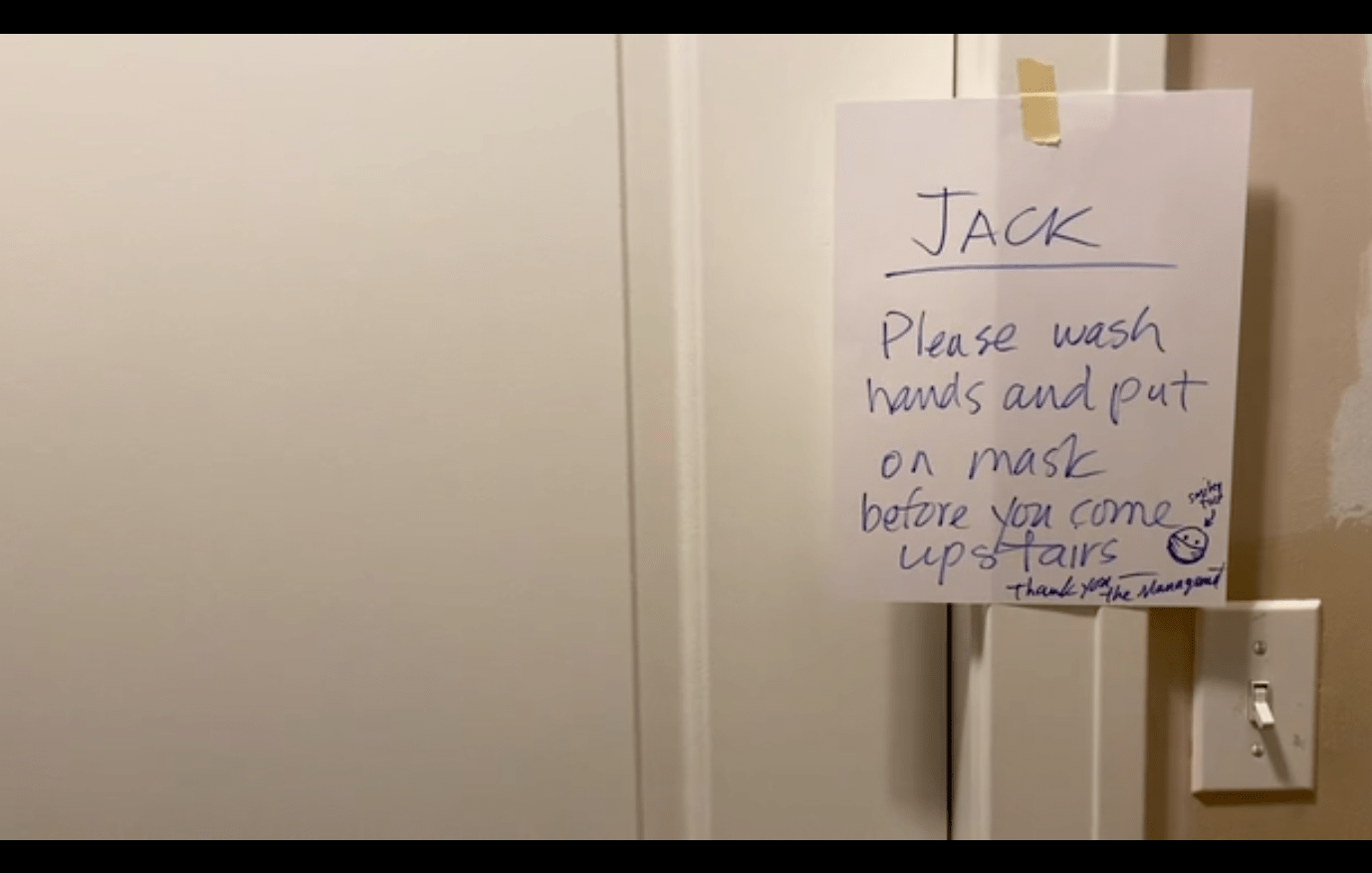
Jack Siebert
“What we saw in this period of scarcity was the emergence of creativity,” said Robert Bahar and Almudena Carracedo, Emmy-winning filmmakers and lecturers at NYU Madrid, who described their experience moving Madrid Stories, a location-based course, to an online format.
Madrid Stories is a semester-long class at NYU Madrid that encourages students to look, listen and explore Madrid with a documentarian’s gaze, to represent the city from new perspectives, and to seek out stories that explore and question pre-existing notions of Madrid (and Spain more broadly). Jim Fernandez, site director of NYU Madrid and professor of Spanish Literature and Culture, explained that the nature of the course made it challenging to adapt for remote learning. “In some ways, Madrid Stories, rooted as it is in Madrid, was the most difficult course to adapt to an online format, when the COVID-19 crisis abruptly forced us to teach and learn remotely. But Rob, Almudena and the students did an amazing job, making some delicious lemonade from the lemons they were given, as it were. Each of the thirteen films, produced in quarantine, captures the strange rhythms of confinement, and tells a story about the impossibility of returning home.”
Some students felt that the creative process of film production might be a meaningful outlet and a means for making sense of the unprecedented situation they were facing. Robert Bahar
Bahar explained that in early March “our students had just begun work on their film projects and were offered the option to go home, and then leaving the site quickly became mandatory.” He explained that a decision had to be made about how to adapt the course curriculum, by either shifting toward an analysis of documentaries or keeping the focus on the production process. They sought input from their students, who responded with clear enthusiasm for wanting to continue creating their own films. In fact, some students felt that the creative process of film production might be a meaningful outlet and a means for making sense of the unprecedented situation they were facing.
“The students had little in terms of production equipment, but they did have iPhones and family. They created something absolutely amazing by scavenging any available resources to create a final product — all within two weeks. They had to reimagine their lives, the course, and the project. Their lives took a turn, but in the process of doing so, the class served as a mirror on themselves, and a mirror into themselves. The process of making their films was reflective of where they were in the quarantine,” explained Carracedo.
“We all learned to use digital tools to serve the production process,” noted Carracedo. “They had to learn new editing programs, and we taught them how to edit by sharing our screens and providing demonstrations.” The feedback process was also adapted to an online format. Zoom’s breakout room function allowed the students to work in small groups where they could view each other’s work and offer the critique and feedback that are essential to fine tune a film. “The difference between good and great is the last push of the editing and polishing,” said Bahar, “which is also the most difficult part of producing a film. We always push students toward great. We want to help them achieve their visions and be proud of their work.”
In addition to learning new technical tools to support the filmmaking process, students also had to develop new strategies to enable them to complete their work remotely. For Jack Seibert, a rising senior at Tisch School of the Arts, said he had to learn to remind himself “that artistic processes always encounter unforeseen bumps in the road — large or small — and it is our job as creatives to develop innovative solutions to those problems while staying on schedule. I found pursuing a creative process during this time to be incredibly beneficial to my future artistic career — whether working in theater or film — because I discovered personalized tools to recognize when I feel motivated or unmotivated, and how to either encourage myself to keep working or give myself breaks.”
Developing their film projects also helped some students cope with the sense of uncertainty brought about by the pandemic and they noted that the experience was cathartic and therapeutic. Claudia Picado, a rising senior at Steinhardt School of Education, Culture, and Human Development, explained that her film, Meires en Cuerentena, enabled her to process her experience through “self expression, while also creating something that represented my family and how we came together during quarantine.”
Colin Donahue, a visiting student at NYU Madrid from Swarthmore College, created a film entitled, In an Instant, that detailed idyllic scenes of life in Europe. It is a portrait of travel to Rome and Paris and all of the things you imagine global students doing. Donohue explained that when he first returned to the United States, he “spent the first two weeks of quarantine in my childhood bedroom reflecting on my past experiences and feeling grateful for the health and safety of my family. After looking back on the footage from my study abroad experience, I knew I wanted to use this project as an opportunity to not only remember Spain but to document how I experienced this international public health crisis.”
Donohue said that for him and many of his classmates, the creative process became “a philosophical reflection on the lockdown and quarantine, and the feeling of going back in time when one returns to their childhood home,” said Carracedo. They used the experience to produce introspective glimpses into what life was like during uncommon times.
While the final screenings of student productions are typically held in-person at a closing event at NYU Madrid, this year’s films were screened online, which allowed families and friends to participate.
View all Madrid Stories here (Vimeo).
